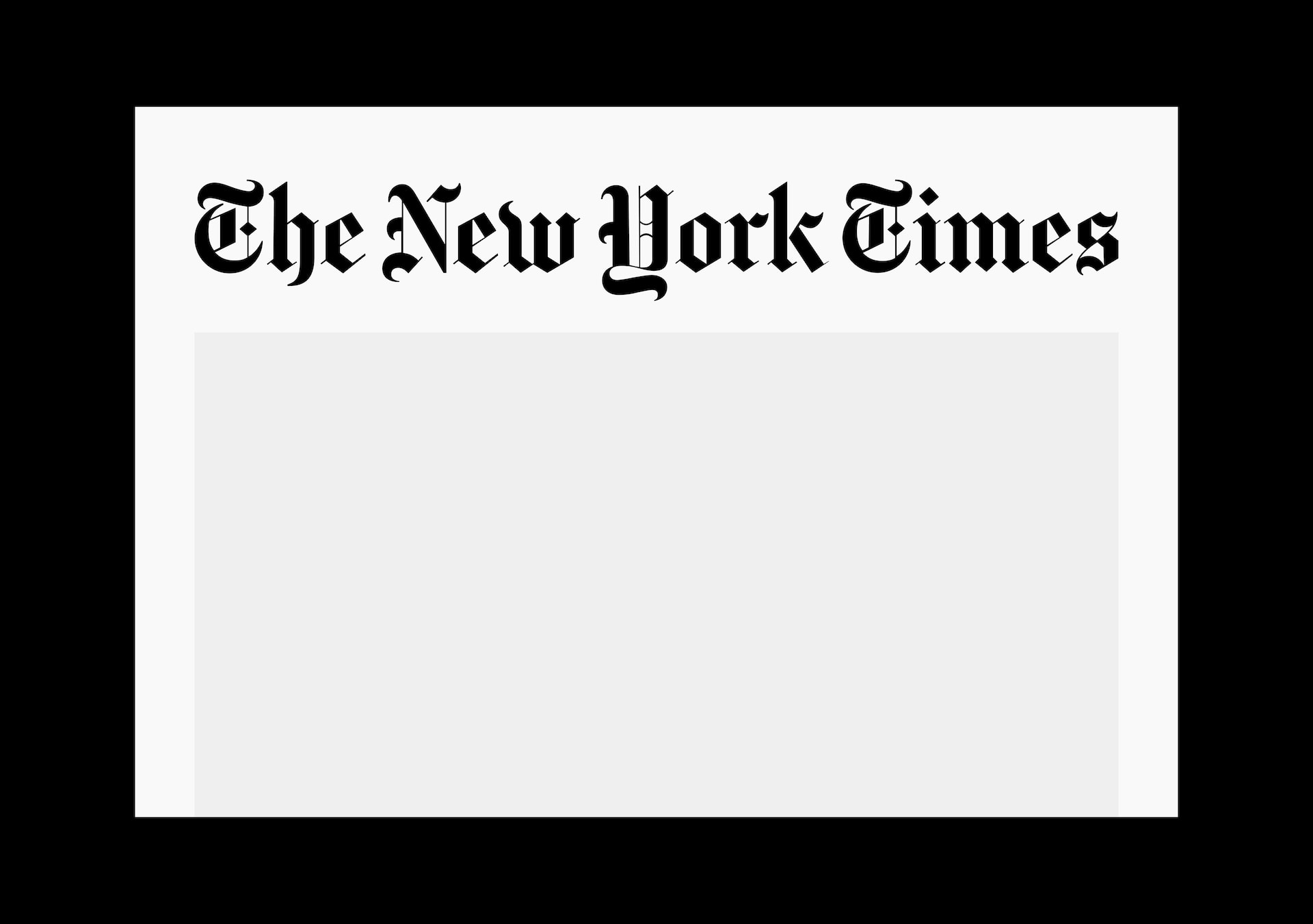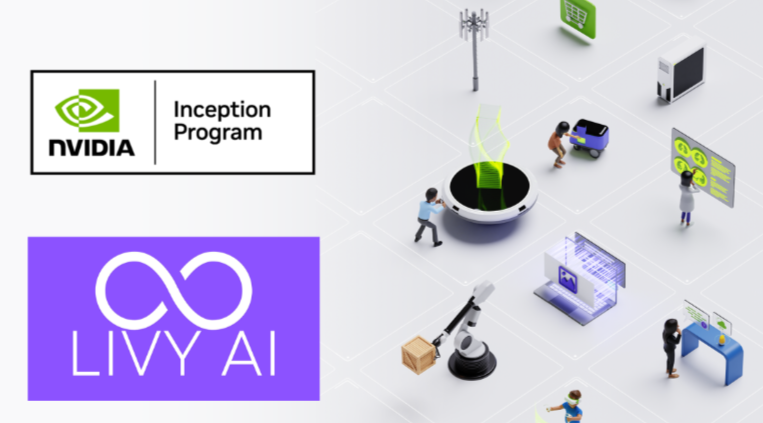
OpenAI Accused of Copyright Infringement by The New York Times
The New York Times, one of the leading global news organisations, has just ignited a hot legal controversy. Allegedly, OpenAI, the artificial intelligence powerhouse backed by Elon Musk, extracted and used New York Times' copyrighted content without consent. The claimed content violation served the purpose of developing OpenAI's ChatGPT, an advanced AI chatbot.
Key Takeaways:
- The New York Times accuses OpenAI of copyright infringement in the development of ChatGPT.
- OpenAI reportedly used articles from The New York Times without permission for its AI chatbot development.
- A legal tussle between the prominent newspaper and the AI firm is anticipated.
- OpenAI is a well-established AI research organisation co-founded by Elon Musk.
The New York Times Seeks Legal Redress
The newspaper has decided to take legal action against OpenAI over this accused copyright infringement. Content from the revered publication was supposedly exploited to enhance ChatGPT. This AI language model is widely used on the internet to simulate human conversation. By feeding it a variety of written content, like news articles, it learns language patterns, grammars, and terms.
As per The New York Times, their news stories became fodder for OpenAI's language model without permission. The paper contends that it's a clear violation of copyright law, which potentially could have ramifications for other media outlets and digital rights within the AI industry.
OpenAI's ChatGPT: Spotlight on the Controversy
ChatGPT is renowned for being one of the most advanced AI chatbots on the market, with OpenAI often in the headlines for its groundbreaking developments. However, this recent lawsuit puts the spotlight on the methods used to improve and refine the bot.
OpenAI used a broad selection of internet text to develop this chatbot. The method of choice, known as ‘machine learning’, sees the AI absorbing vast swathes of text content, learning from the patterns it finds. This method empowers the bot to generate human-like text based on its 'learnings'. If the accusation holds true, it might impact the development methods of AI products across the industry.
Implications for the Tech Industry
The lawsuit between The New York Time and OpenAI may have far-reaching implications. It underscores the complexity of copyright laws in the digital landscape— particularly within the burgeoning Artificial Intelligence industry. This case may set a precedent for how content is used to train AI models in the future.
It's also worth remembering that OpenAI is not a small, unknown start-up; it's a major AI research laboratory, co-founded by industrial magnate Elon Musk. Therefore, the outcome of the lawsuit will more than likely have significant implications for the overall technology industry.
So far, OpenAI has yet to comment on the lawsuit. The tech and intellectual property world will be watching closely to see how this case unfolds and what it might mean for future digitized content and AI training methodologies.
In Conclusion
The landscape of digital rights is increasingly complex with the rapid evolution of technology like Artificial Intelligence. The New York Times' allegations against OpenAI only highlight these intricacies. As of now, it remains to be seen how the AI firm will respond to these copyright infringement claims. Not to mention, anxiously watched will be the impact on future AI development practices. In the face of evolving AI technology, the importance of underpinning digital rights and copyright laws cannot be understated.

